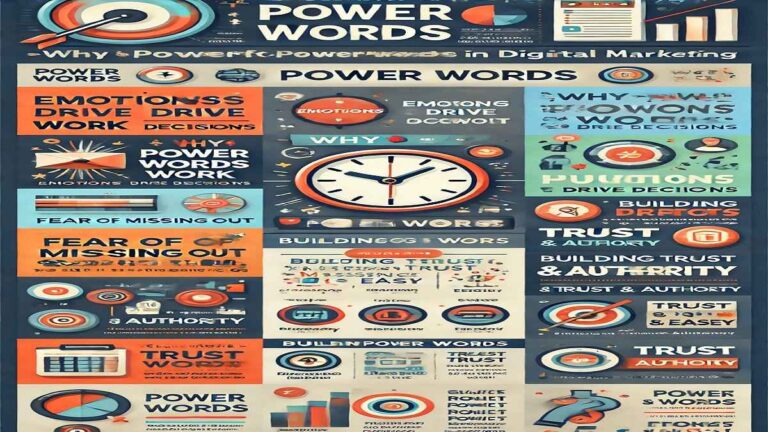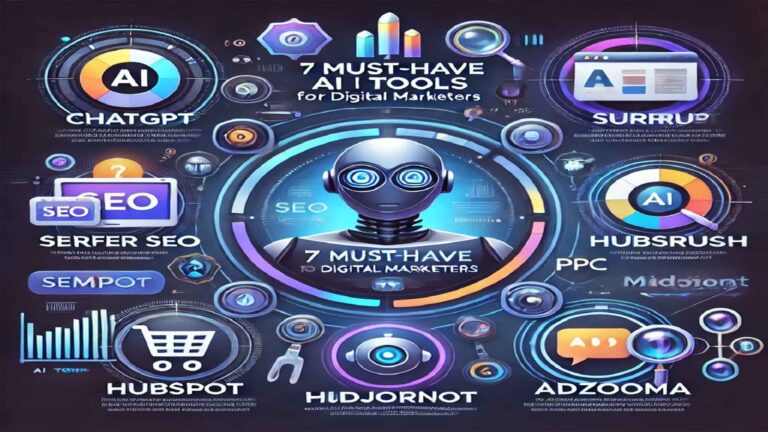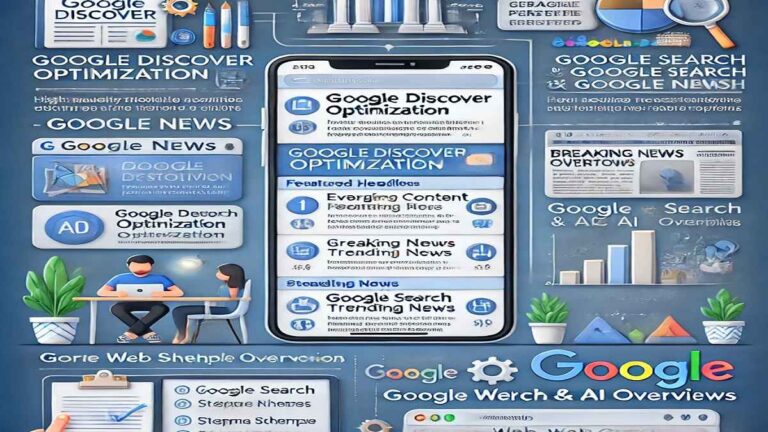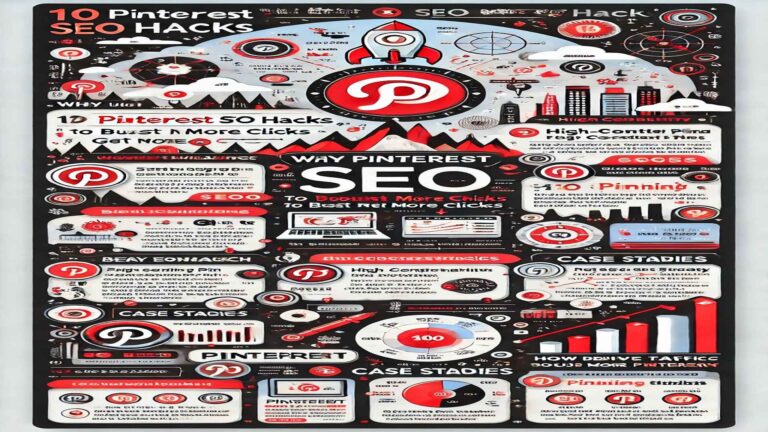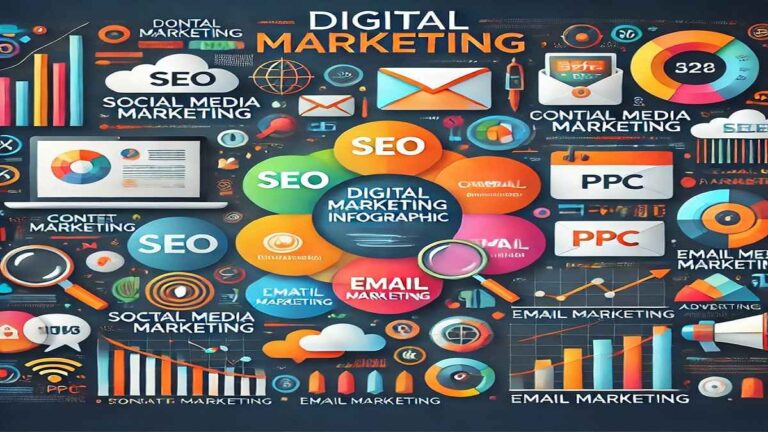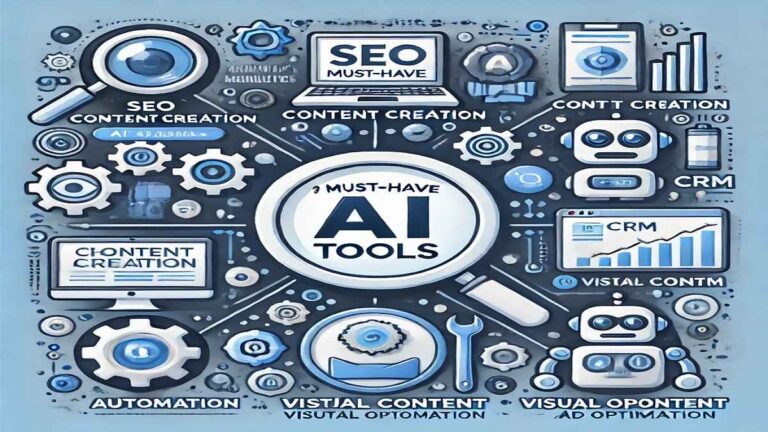Digital Marketing & E-Commerce 101: Everything You Need To Know
Welcome to my comprehensive guide on digital marketing and e-commerce. In this topic, I will go into digital marketing and e-commerce fundamentals, I will explain the important concepts, strategies, and best practices to help you succeed in your business.
(A) Meaning of Digital Marketing
Digital marketing is the promotion of products, brands, or services using digital channels such as search engines, social media platforms, email, and websites. It involves using digital tools and techniques to reach and engage with target audiences, build brand awareness, drive website traffic, generate leads, and drive conversions and sales.
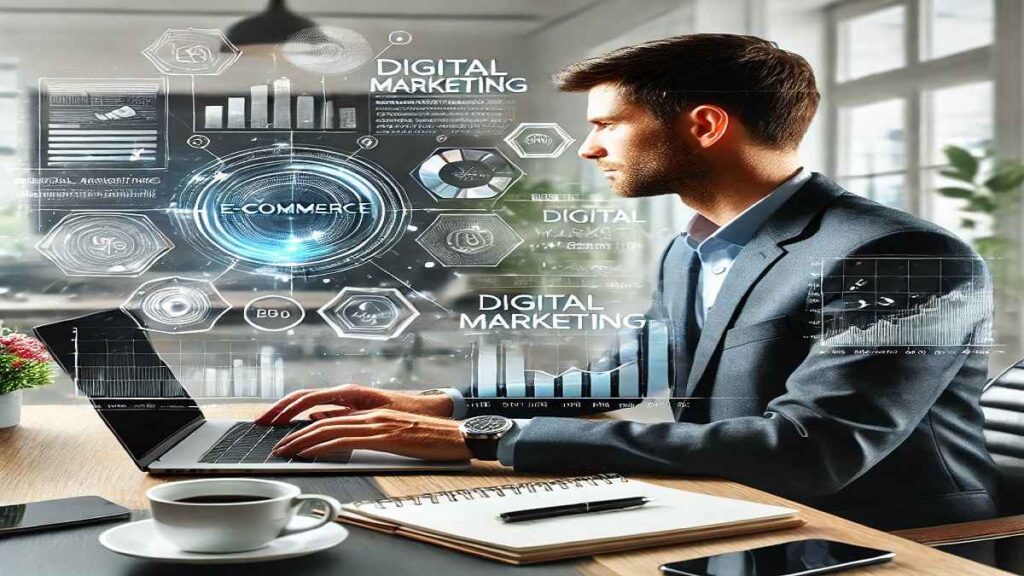
Important Concepts in Digital Marketing:
1. Search Engine Optimization (SEO): This is the process of optimizing website content, structure, and coding to rank higher in search engine results pages (SERPs) for specific keywords and phrases.
2. Pay Per Click (PPC) Advertising: It is a form of digital advertising where advertisers pay each time a user clicks on their ads.
3. Social Media Marketing: This is the use of social media platforms to promote products, services, or brands, engage with customers, and build brand awareness.
4. Content Marketing: This is the creation and distribution of valuable, relevant, and consistent content to attract and retain a clearly defined audience.
5. Email Marketing: It is the use of email to send targeted and personalized messages to customers or prospects to build relationships, drive conversions, and nurture leads.
Meaning of E-commerce
E-commerce refers to the buying and selling of goods and services over the Internet. It involves using digital platforms, such as websites and mobile apps, to facilitate online transactions, manage inventory, and provide customer support.
Main Concepts in E-commerce:
1. E-commerce Platforms: This platform is the use of software solutions that enable businesses to create and manage online stores, such as Shopify, Magento, and WooCommerce.
2. Digital Payments: It’s an electronic payment means that enable customers to make online transactions, such as PayPal, Stripe, and Apple Pay.
3. Inventory Management: The process of managing and tracking inventory levels, orders, and shipments in an e-commerce business.
4. Shipping and Logistics: The process of managing the delivery of products to customers, including shipping options, rates, and delivery times.
Benefits of Digital Marketing and E-commerce
1. Increased Reach: Digital marketing and e-commerce enable businesses to reach a global audience, increasing their potential customer base.
2. Improved Customer Engagement: Digital channels provide opportunities for businesses to engage with customers, build relationships, and provide personalized experiences.
3. Enhanced Convenience: E-commerce platforms and digital payment systems make it easy for customers to shop online, anytime, anywhere.
4. Data-driven decision-making: Digital marketing and e-commerce provide access to valuable data and insights, enabling businesses to make informed decisions and optimize their strategies.
Summary
In this topic, I talked about the fundamentals of digital marketing and e-commerce, the main concepts, strategies, and benefits. I have discussed the importance of SEO, PPC advertising, social media marketing, content marketing, and email marketing in digital marketing. I have also covered the basics of e-commerce, including e-commerce platforms, digital payments, inventory management, and shipping and logistics.
FAQs
1. What is digital marketing?
Digital marketing refers to the promotion of products, brands, or services using digital channels such as search engines, social media platforms, email, and websites.
2. What is e-commerce?
E-commerce refers to the buying and selling of goods and services over the internet.
3. What are the benefits of digital marketing?
The benefits of digital marketing include increased reach, improved customer engagement, enhanced convenience, and data-driven decision making.
4. What are the key concepts in e-commerce?
The key concepts in e-commerce include e-commerce platforms, digital payments, inventory management, and shipping and logistics.
5. What is SEO?
SEO stands for Search Engine Optimization, which is the process of optimizing website content, structure, and coding to rank higher in search engine results pages (SERPs) for specific keywords and phrases.
6. What is PPC advertising?
PPC advertising stands for Pay-Per-Click advertising, which is a form of digital advertising where advertisers pay each time a user clicks on their ad.
7. What is the importance of social media marketing?
Social media marketing is important because it enables businesses to promote their products or services, engage with customers, and build brand awareness on social media platforms.
8. What is the role of content marketing in digital marketing?
Content marketing plays a crucial role in digital marketing by providing valuable, relevant, and consistent content to attract and retain a clearly defined audience, driving profitable customer action.
What are your thoughts, let me hear them in the comment section.
See also:
Best Ways to Rank Higher on Google in 2025
7 Top AI Tools for Digital Marketers: SEO, PPC & Traffic
5 Powers of Digital Marketing that Help Businesses
Samuel Okeke is a highly experienced and skilled Website Developer, Computer Lecturer, IT Instructor, Digital Marketing Expert, Computer Engineer, and Author with over a decade of experience in the educational, digital marketing and IT sectors. He has proven track records of developing and sustaining successful educational projects, including Acadlly, Audio School, and Certifications Exam Prep. He possess a strong passion for education and a commitment to making a positive impact on people and society.

